Introduction
Sausages are nutritious and delicious, so many families use them as a staple throughout their weekly meals. But can dogs eat sausage? Is this type of food safe for pets?
We’re answering this question and more in today’s article, and we’re also giving you the risks associated with feeding sausages to your dog on a regular basis.
Is Sausage Good for Dogs?
It actually depends on the type of sausage. Can dogs eat turkey sausage? Most likely, yes, especially if you’ve made it yourself. What about pork sausages? Those might have to be an occasional treat — like a monthly snack since they’re so fat.
Can dogs eat cooked sausage? The answer to this question is also a yes, since you’ll be killing the bacteria in the raw meat by adequately preparing the sausages.

Vitamin B6
Did you know that 100 grams of typical sausage that you can get from the store or prepare yourself contain as much as 15% of the daily necessary B6 vitamin values for humans?
This means that sausage meat is among the richest in vitamin B6 of most other varieties. Besides, this nutrient can prevent and treat anemia, promote brain health, and even help geriatric dogs with cognitive dysfunction.
Iron, magnesium, and calcium
This, too, can be a surprise to some people, but sausages also contain quite a bit of minerals. Although a little less compared to vitamin B6 or cobalamin, this type of food still contains enough magnesium, calcium, and iron.
Calcium and magnesium are particularly important for puppies during the first year of their life.
It keeps your dog full
Besides the meat itself, sausages are known to contain small bits of animal fat, along with breadcrumbs and sometimes, even cooked rice.
This means that they are quite filling, so a sausage treat can help keep your pet full for a longer amount of time.
Is Sausage Bad for Dogs?
Sausages aren’t the best snacks in the world for dogs, and there are many reasons for this. Here they are listed below.
Too rich in fat
Store-bought sausages can sometimes be extremely rich in fat, and that’s also because manufacturers use this ingredient as a cheap filler. But this also means that sausages can be dangerous for dogs since they put them at risk of developing pancreatitis.
For this reason, we recommend avoiding sausages as snacks for dogs, especially those that are on a diet, have a history of not digesting fatty foods too well, or geriatric patients — who generally have a worse experience with sausage meat.
Shady ingredients
When you make sausages at home, you have complete control over what you add to them. But when you buy them from a supermarket or get them at a fast-food chain, you can’t know for sure what ingredients they contain.
The bad thing about this is that processed meats, whether sausage, bacon, deli meats, or anything in this category, are known to contain carcinogenic substances. And while they might affect us in time, dogs are smaller and more sensitive to these additives.
On top of that, commercial sausages can contain artificial colors, artificial flavors, binders, and many other weird ingredients that you do not want your dog to ingest.
Onion or garlic
Even for the sausages that you cook at home, you might feel tempted to add seasonings and spices, including certain ingredients such as onion and garlic.
Unfortunately, these two are particularly toxic to dogs to the point that some can develop severe anemia in the course of just several hours after ingesting them. So, if you get any sausages that contain onion and garlic, your dog should not be allowed to have a bite of them.
Bacterial contamination
This is a rather obvious risk that you’re exposing your dog and yourself to whenever you cook raw sausages. If you do not handle them properly, wash your hands, or cook them for enough time, you might give your dog food poisoning by accident.
Artificial casings
Can dogs eat sausage casing? It actually depends on the type of casing. If it’s completely natural, meaning if it consists of actual animal bowels, the casings are safe.
On the other hand, artificial ones might be risky and contain strange ingredients, but they might also not digest properly in your dog’s gastrointestinal tract. The last thing you might want would be for your dog to develop intestinal blockage because of these membranes.
How Many Sausages Can My Dog Eat?
This is not the best type of food to give to your dog, so sausage should not make up a big part of your pet’s diet. For this reason, we can’t specifically tell you what the recommended amount would be for each dog.
That’s also because dogs tend to differ a lot in size, age, health status, and many other such details. Besides, the sausage ingredients can also vary depending on the brand, type, and if it’s homemade or not.
Homemade chicken sausage for dogs can make a nice occasional snack, especially if you do not add any potentially dangerous ingredients to the mixture, such as onion, garlic, heavy spices, or salt.
A safe quantity would be one tablespoon of sausage meat per week (one thin slice).
How to Prepare and Serve Sausage to Your Dog
Once you have prepared the mixture and filled up your casings, you should cook the sausage so that it’s safe to eat.
The best way to cook sausage for dogs would be to grill it, boil it, or bake it. We recommend these cooking methods as they are lighter.
The worst way to cook sausage for dogs is to fry it in a pan. The result will be a fatty dish that can put a small dog’s health in danger.
Steer clear of any potentially toxic ingredients. Unseasoned sausage meat is the best for dogs, and if it’s chicken or turkey, it’s even better since it’s also lower in calories.

Frequently Asked Questions
No. Like other types of gravy, sausage gravy is very rich in fat, and it’s also made with the slightly burnt parts of the meat, which might have stuck to your pan. These burnt parts are known to be dangerous for the health of humans and dogs alike.
Also, most people add cornstarch or flour to their gravy, and dogs aren’t supposed to have these ingredients, either.
No. Raw meat carries dangerous bacteria like Escherichia coli and Salmonella spp, and this means your dog can get food poisoning from raw sausages.
If these are sausage patties that you have made yourself and you’ve grilled or baked them, they’re probably safe. Commercial varieties do have to be avoided, though, as they can be rich in artificial flavorings and many other potentially dangerous ingredients.
Depending on the country you live in, the ingredients in McDonald’s sausage could vary. But generally, it’s made from pork (not the best meat for dogs) and contains a number of other things, including dextrose, sugar, salt, rosemary extract, and other ingredients known as ‘natural flavors’. You can give your dog a McMuffin once a year on his or her birthday if this is one of their favorite foods in the world. But other than that, no, dogs shouldn’t have sausages from fast-food chains.
Summary
In the end, can dogs eat sausage as a treat? Yes. Should sausage make up a good portion of your dog’s diet? No.
Commercial sausages are usually less healthy compared to those you can make at home. If you have no control over the sausage ingredients whatsoever, it’s a better idea to avoid giving that variety to your dog.
For any doubts about what you can feed your dog or not, get in touch with your veterinarian. Also, if your dog is experiencing any digestive distress after eating sausage meat, take them to the animal hospital as soon as possible.
Sources
- Incidence of Salmonellae in Meat and Meat Products, M. A. Weissman and J. A. Carpenter, 1969
- Presence of pathogenic bacteria in faeces from dogs fed raw meat-based diets or dry kibble, Ellinor Runesvärd and Camilla Wikström, 2020
- Processed meat consumption and risk of cancer: a multisite case-control study in Uruguay, E De Stefani, P Boffetta, A L Ronco, 2012
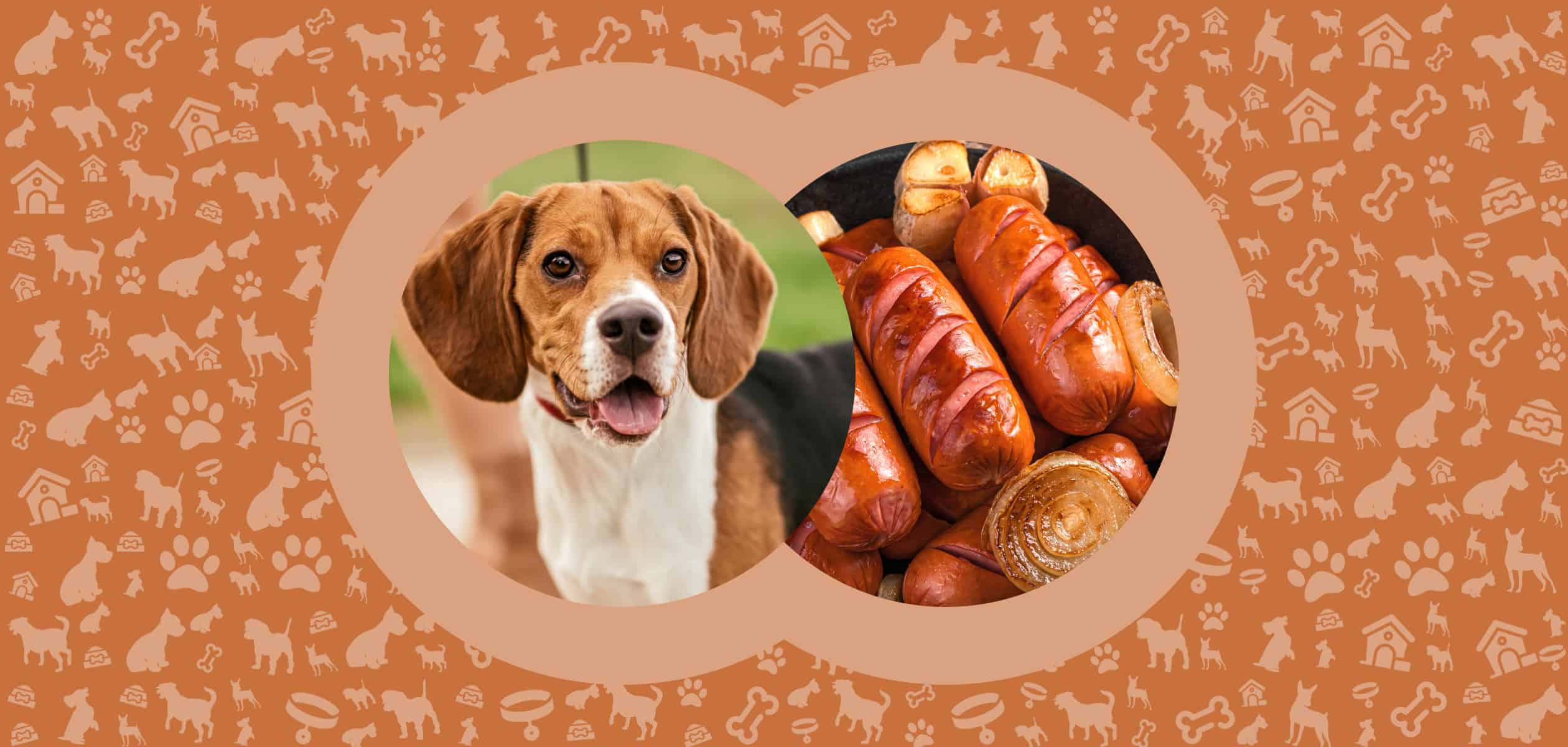
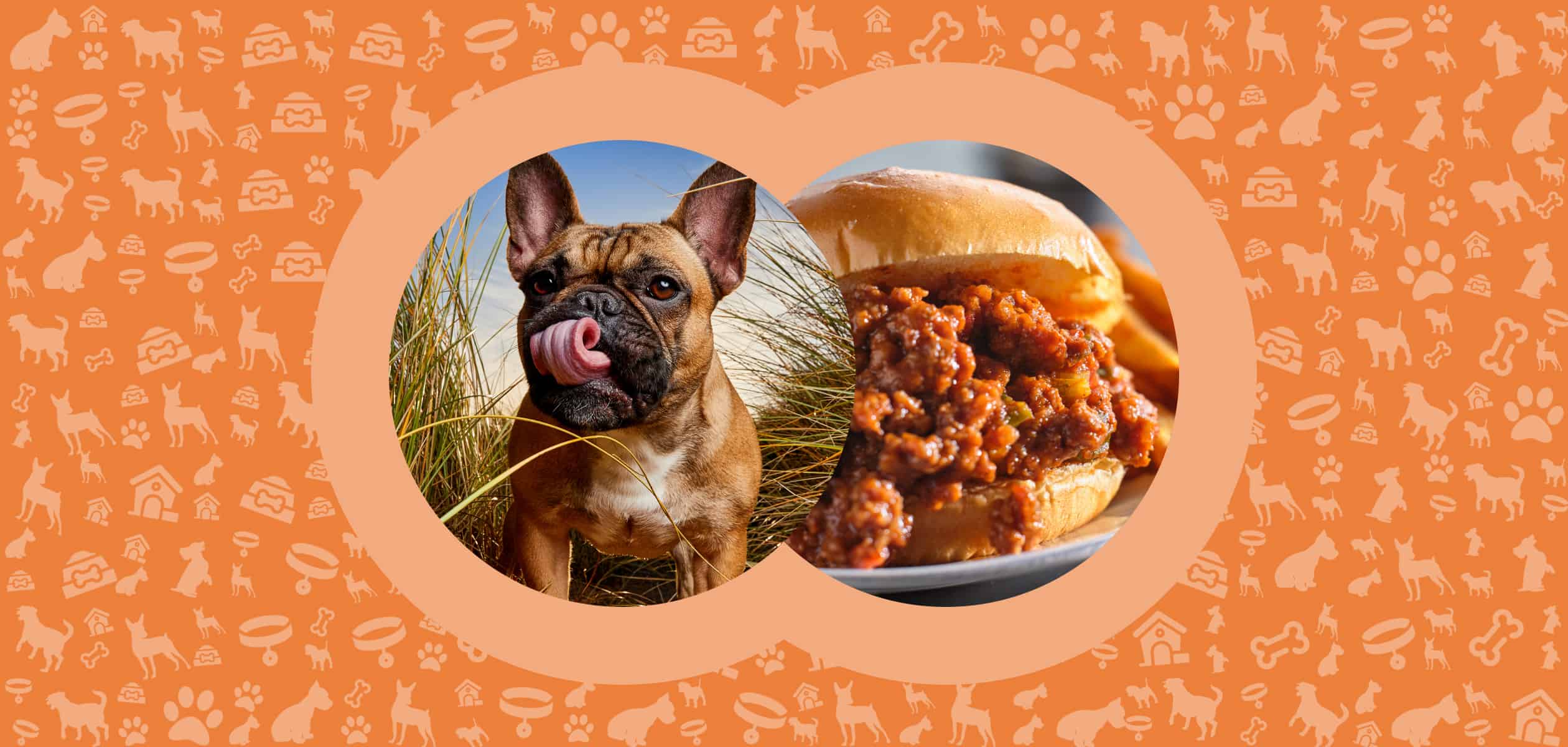
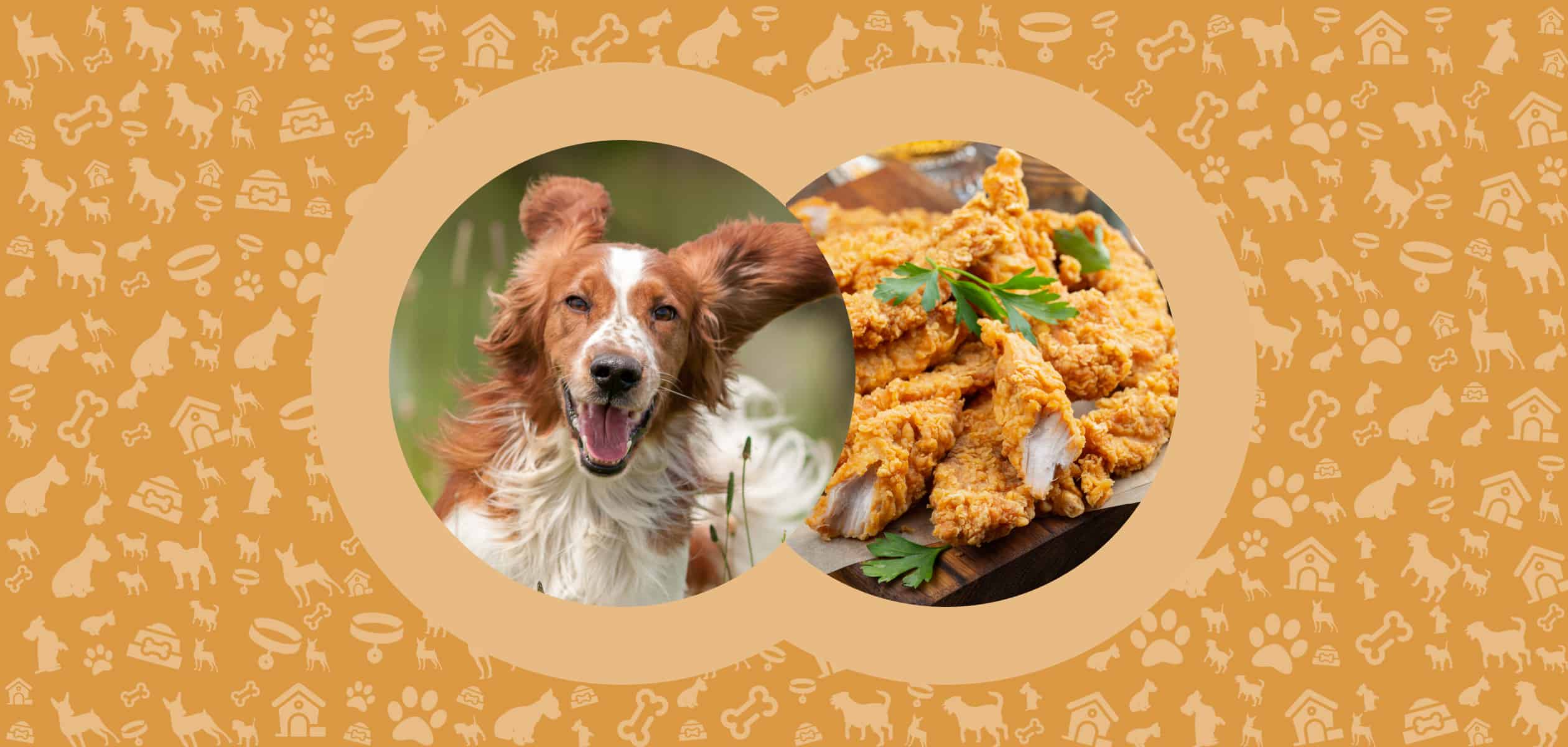
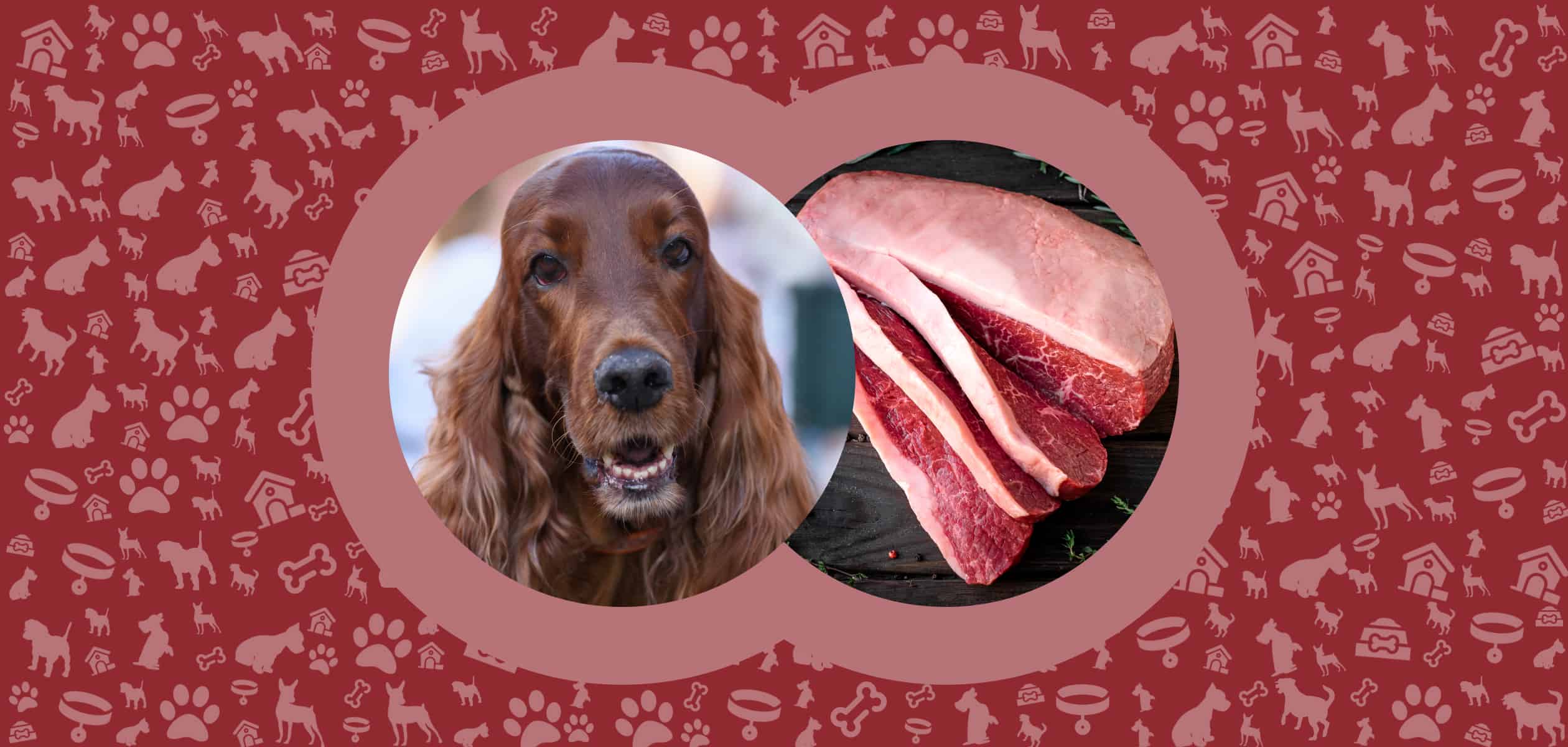
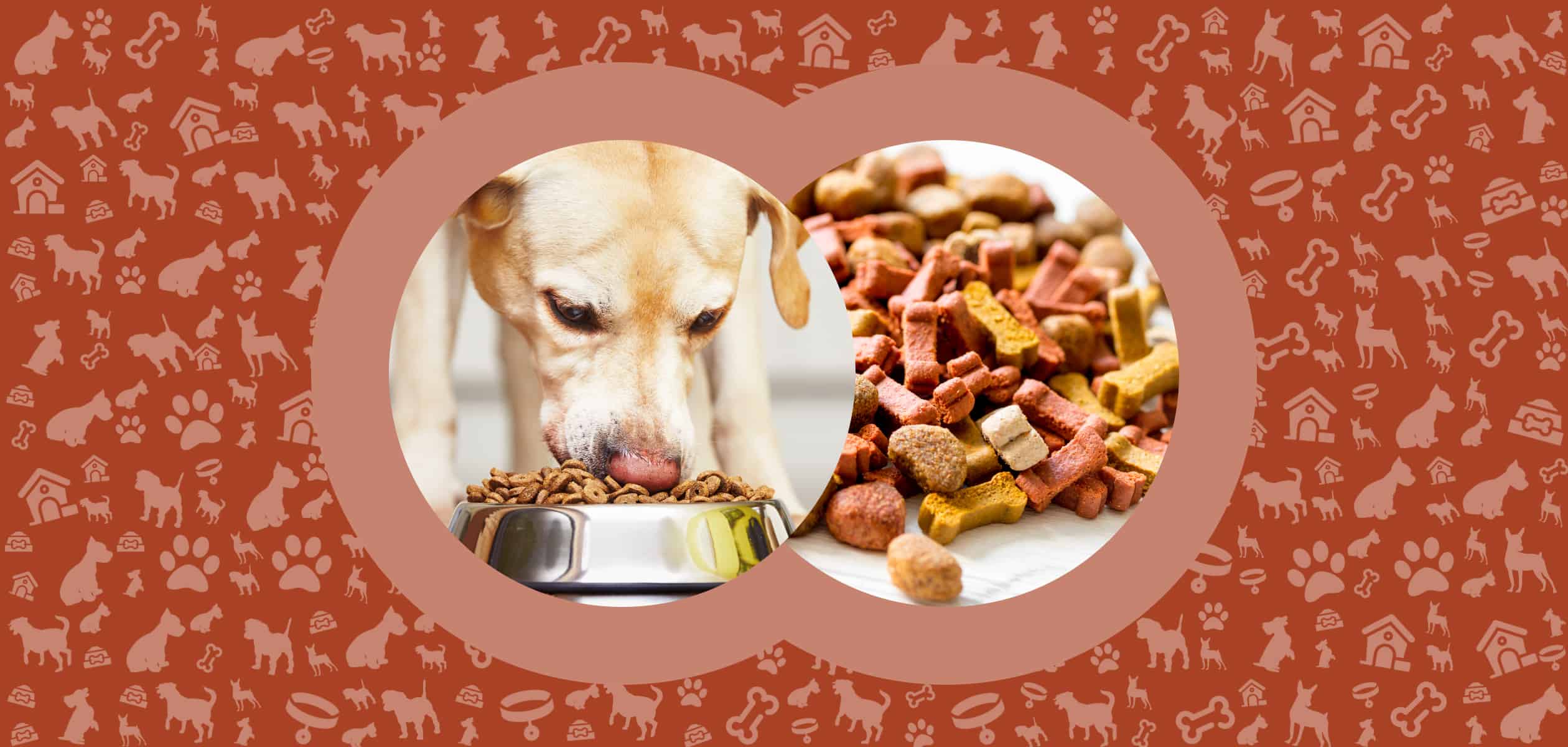
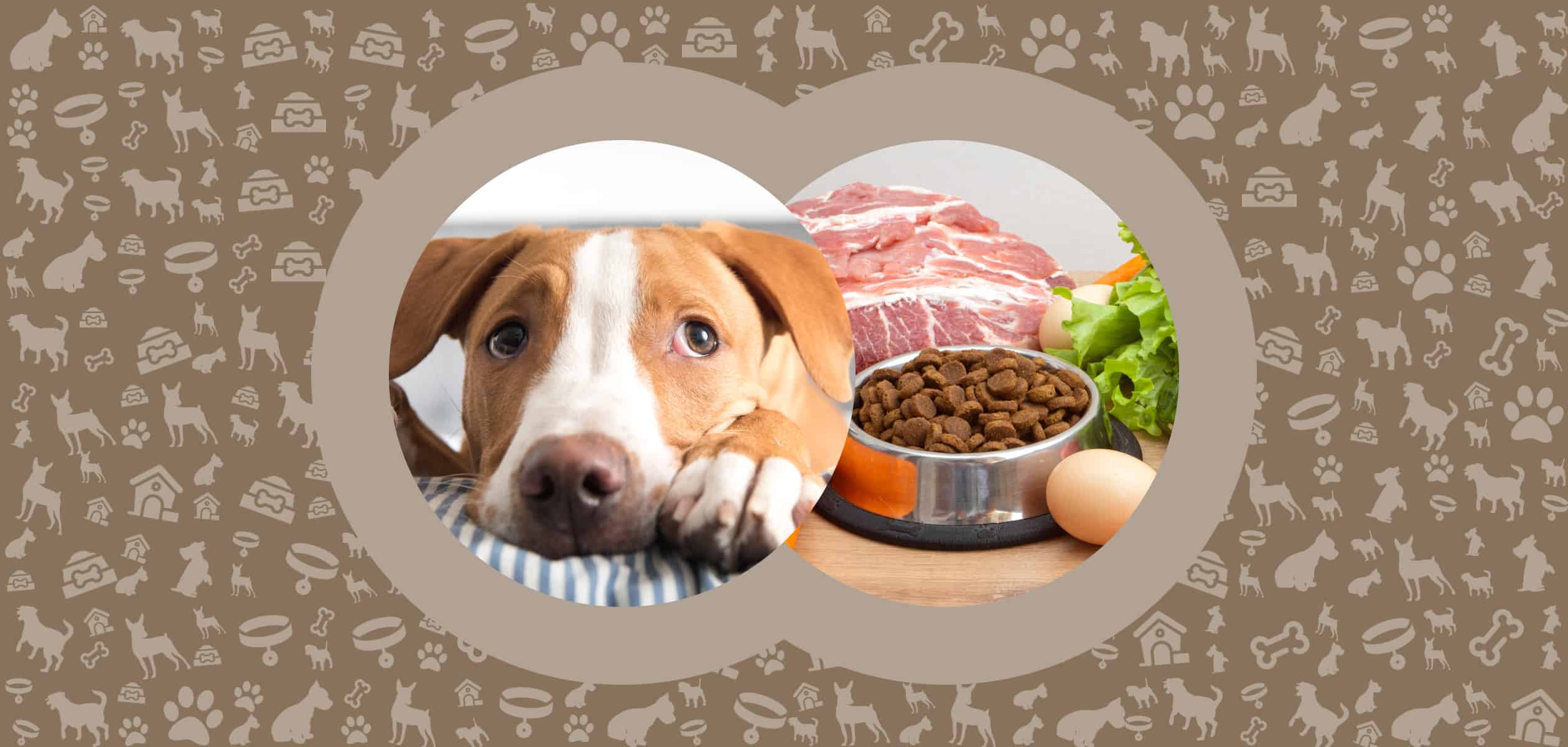
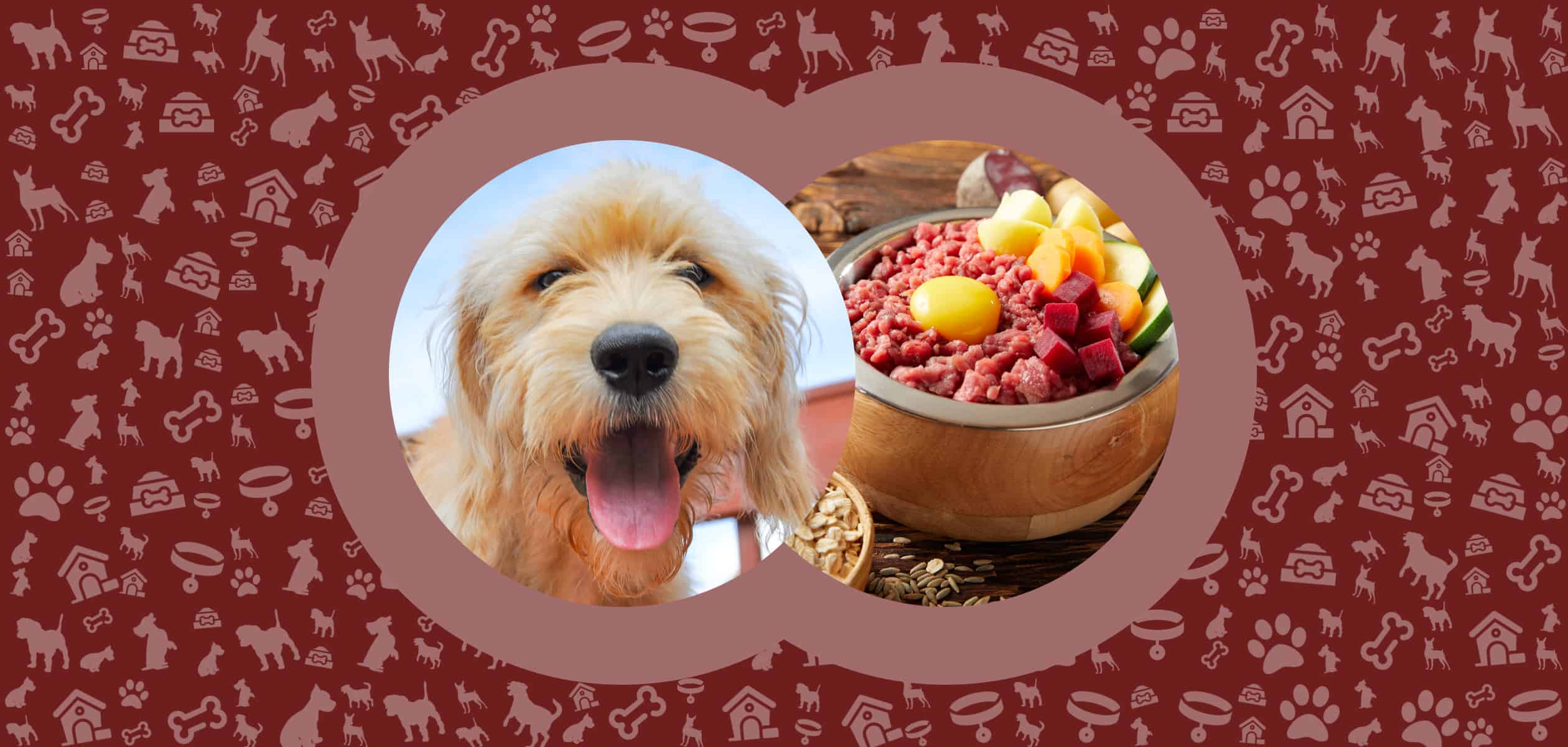
Leave a Comment